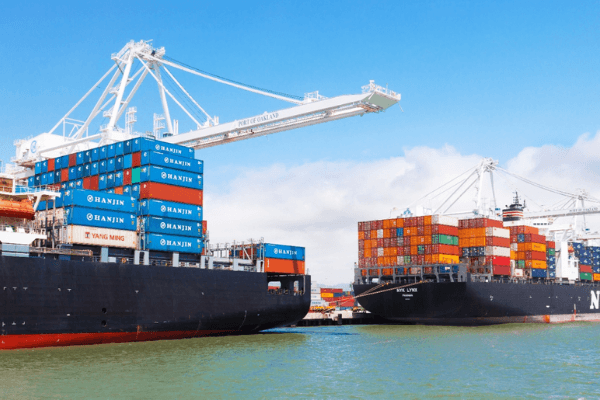…X-Rays Potential and untapped Opportunities.
The Director General of Nigerian Maritime Administration and Safety Agency (NIMASA), Dr. Bashir Jamoh, OFR, has called for collaboration between the tourism and maritime sectors in Nigeria, stating that with the enormous resources inherent in the maritime sector, the tourism industry will be an easy and low hanging fruit for Nigeria’s economic development agenda.
Jamoh stated this at the 6th National Tourism Transportation Summit and Expo organised by the Institute for Tourism Professionals of Nigeria (ITPN), in collaboration with the Ministries of Transportation, Aviation, Information and Culture at the International Conference Centre Abuja.
Speaking on the topic, “Tourism and the Development of Nigeria’s Blue Economy,” Dr Jamoh observed that investment must not necessarily involve huge materials and human capital, noting that, like other economic sectors, small and medium scale business was also possible to generate the amount of jobs and other economic benefits associated with the tourism sector.
According to Jamoh, “I must acknowledge here that tourism is one sector that Nigeria is doing very well. But unfortunately, the marine tourism component is one area where we are currently lagging behind when compared to other economies of the world. I am fascinated, and must commend the organisers of this event, because a Well-managed tourism sector can support conservation while contributing to sustainable development and providing income opportunities and a higher quality of life”
Speaking further, Jamoh correlated the relationship between NIMASA, maritime potential and the tourism sector, noting that maritime safety and security was sacrosanct for marine tourism development. He stressed that there was need for stakeholders to support all engagements and policies statement of government on preservation of Nigeria’s biodiversity, maritime ecosystem and other endowments, which are valuable assets for marine tourism development.
He also noted that the benefits from tourism would only be achieved with security guarantees, suggesting that this couldbe achieved by closing gaps and linking associated cities through building of infrastructure, while the bodies of water between them are used for tourist attractions.
“Research shows that the Oceans economy is worth about 20 trillion in dollars. These include the fishing, pharmaceutical and the renewable energy industries. Therefore, we have to develop, preserve and protect our maritime endowments and link these industries appropriately, to achieve the desired goal. As an Agency of government, NIMASA will always play that complementary role of supporting economic growth and development. We have invested a lot in acquisition and deployment ofmaritime security assets, so I urge stakeholders in the maritime sector to take advantage of what we have done and invest in relevant marine tourism areas because our waters are now safe”, Jamoh said.
He called for proactive measures, stressing that Pollution of marine and freshwater resources, Soil and land resources, desertification and salinification due to excessive water use, overuse of fertilizers, erosion, air pollution, loss of cultural resources, and social disruption could be result of marine tourism development.
The 6th National Tourism Transportation Summit, aimed at discovering and exploring the opportunities in the Nigeria tourism sector was themed, “AFCFTA: Exploring Intra-African Trade, Tourism and Transportation Opportunities and Mitigating the Barriers to Collaboration”.
Osagie Edward
Assistant Director, Public Relations, NIMASA
edward.osagie@nimasa.gov.ng
May 9, 2023


